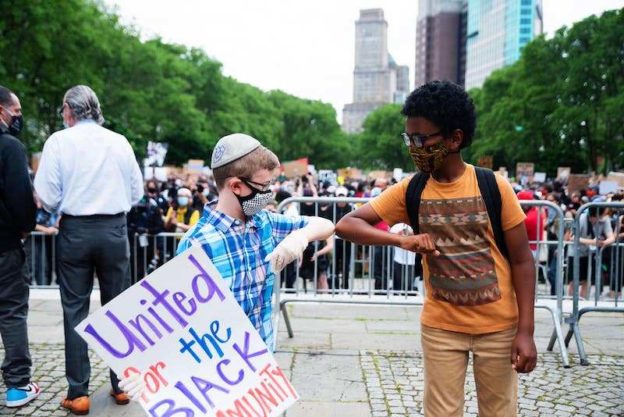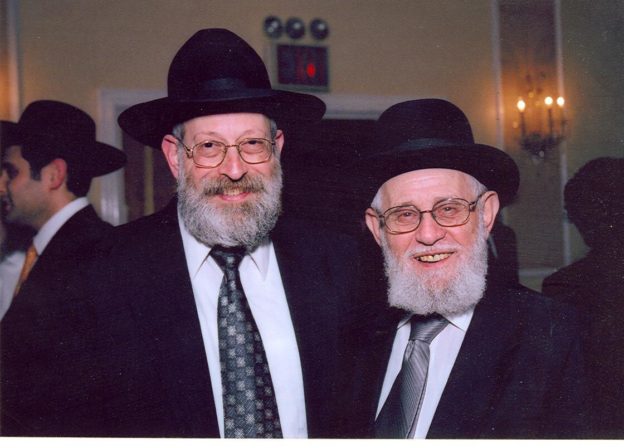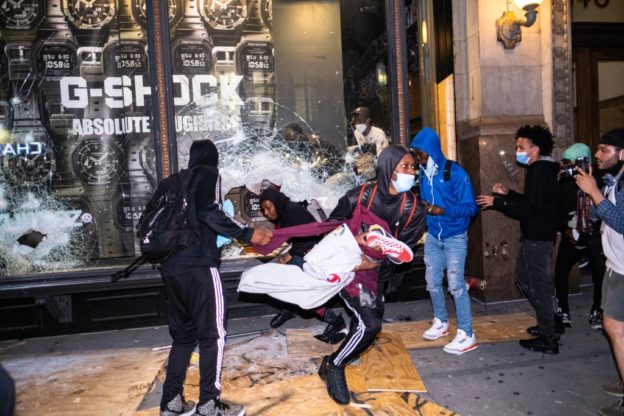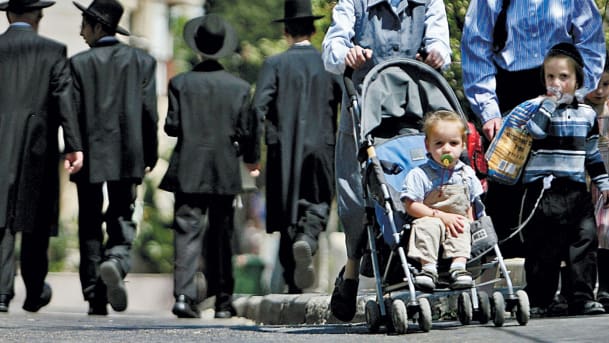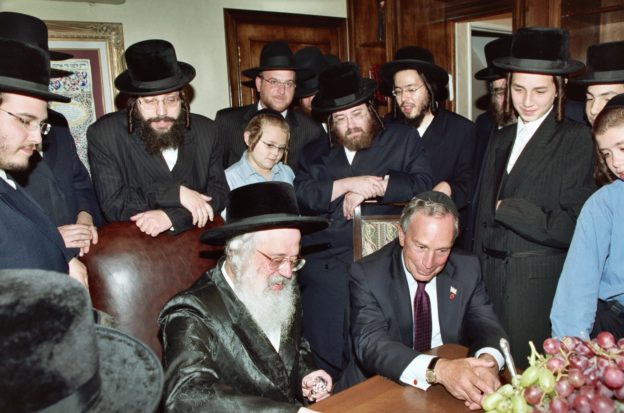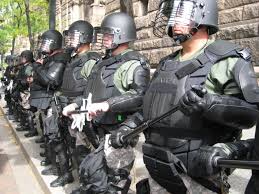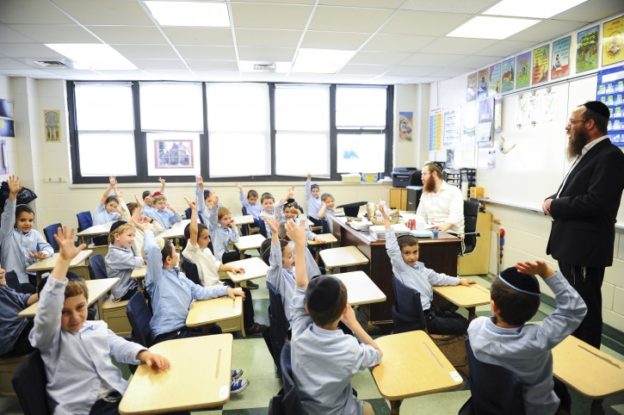It’s been some 700 years since the bubonic plague ravaged
central Asia, killing millions of people. A decade or two later, in October,
1347, a ship from the Crimea docked in Messina, Sicily. Rats in its hold were
infested with fleas that harbored the bacterium that causes the sickness.
That marked the beginning of the era known as the Black
Death. Over the next 50 years, it is estimated that at least 25 million people
died, between 25% and 60% of the continent’s population.
Yes, that disaster is recalled here because of the coronavirus,
or Covid-19, currently spreading around the world. Not, though, in order to
raise great alarm, because, at least at this point, it is not warranted. Rather
to note, firstly, the stark contrasts between the bubonic plague and the
current viral outbreak; secondly, to remind readers of the Jewish angle of the
Black Death years; and, thirdly, to convey a lesson from that plague to the
current medical challenge.
The contrast lies in several things. For starters, no one at
the time of the Black Plague had any idea of what was causing it. At a time of
deep ignorance, fueled by Christian lore and superstition, all sorts of
theories abounded, none of which did anything to slow the disease. Today, we
know what is causing the current pandemic, and, hopefully, modern science can
develop the means of protecting the vulnerable from the Covid19 virus’ worst
effects.
And, unlike the bubonic plague, baruch Hashem, Covid-19 does not harm the vast majority of those
who contract it. It is particularly dangerous to the elderly and infirm, and to
smokers and others with less than optimum lung function. But to most people not
in any of those categories, the infection results in either no symptoms at all
or in flu-like experiences – fever, cough and headache.
Finally, as the eminent and wonderfully readable late
historian Barbara Tuchman recounted in her book A Distant Mirror, the Middle Ages plague brought people to turn on
one another rather than work together to deal with the challenge.
Christian religious leaders abandoned their flocks, parents
deserted children; and children, their parents. “Charity,” she wrote, “was
dead.”
Today, nations and scientists and health workers are working
hard to educate people about the current virus, to create a vaccine against it
and to find the most effective therapies for the stricken, if not an actual
cure. People might be quarantined, for their or others’ benefit, but no one is
being deserted.
The Jewish angle to the Black Death was the pointing (as
usual) of fingers of blame at our forebears.
The plague, it was widely declared, was punishment for
Christian society’s allowing Jews to live in their midst as Jews. Although
Jews, too, perished in the plague, only in much smaller numbers, it was said. The
resulting “logic” had it that ending the epidemic lay in converting, exiling or
murdering Jews. Despite the declarations of several popes that the Jews were
not at fault for the plague, people on the street were sure they knew better.
Then the populace came up with a better reason to blame Jews
– the stubborn rejecters of Christianity were poisoning the drinking wells of
communities, the better to harm Christians. Some Jews even confessed to such
crimes – after being forced to do so in order to end their horrific torture.
On February 14, 1349, a day on which Christians venerate a
third-century clergyman named Valentine, a contemporary observer of events
recorded, some 2000 Jews were forced onto a wooden platform in the Holy Roman
Empire city of Strasbourg’s Jewish cemetery and burned to death. Parents held
tightly to their children when citizens tried to take them away for baptism.
The Jewish communities in Antwerp and Brussels were entirely exterminated in 1350. From 1349 until about 1390, the Jewish communities of France and Germany were decimated by angry mobs. In 1350, Frankfurt had over 19,000 Jews. By 1400, not a minyan was left.
Historians tend to take seriously the contention that Jewish
communities were less affected by the plague itself, if not from the hatred it
unleashed. And that brings us to the lesson to be learned from events seven
centuries in the past.
The ostensible reason that the Black Death may have affected
Jews to a lesser degree than Christians lies, the historical consensus has it,
in the fact that Jews frequently wash their hands.
Upon arising in the morning, before tefillos, before saying Asher
Yatzar, before bread meals (which were most, if not all, meals over most of
history), Jews poured water over their hands. And, what’s more, they bathed – a
luxury back in the Middle Ages – every week in honor of Shabbos.
We Jews still wash our hands a lot. But today most of us
live in environments where every doorknob, subway pole and bus passenger is a
vector for the transmission of germs.
Although it is likely that the spread of Covid-19 will
intensify before it, b’ezras Hashem,
soon, abates, we would do well, especially the elderly and health-compromised
among us, to do the equivalent of netilas
yadayim through the day, ideally, thoroughly and with soap.
That will not only help protect us from the current and
other infections, but be a worthy reminder of the mesirus nefesh of, and kiddush
Hashem created by, our ancestors in Europe.
© 2020 Hamodia

